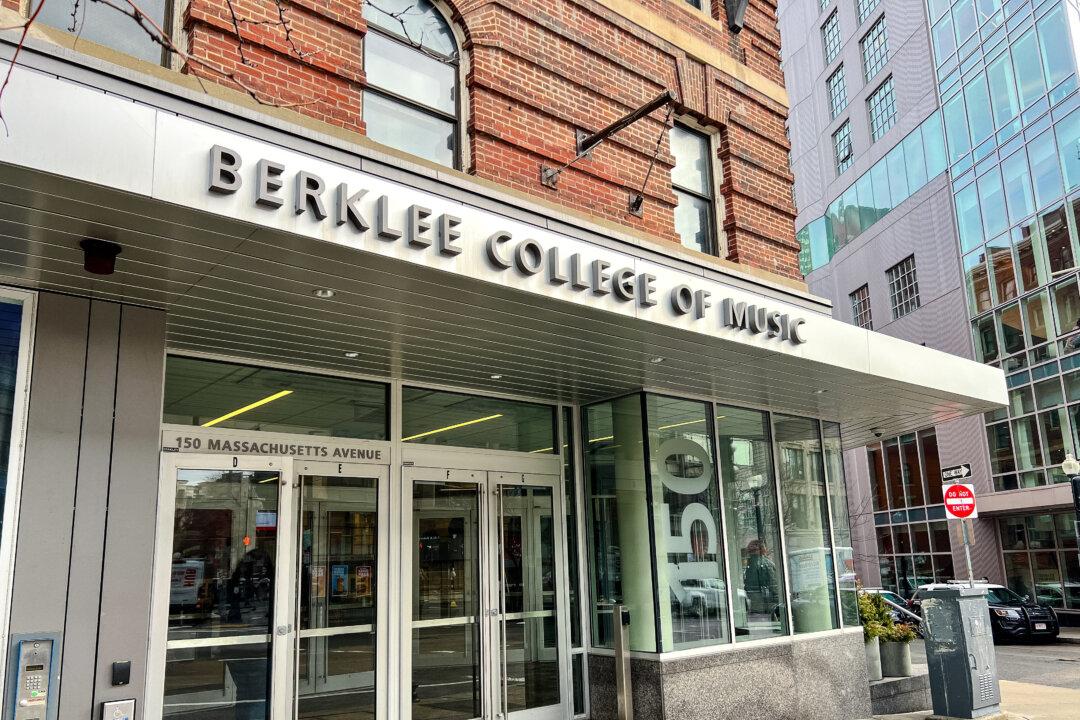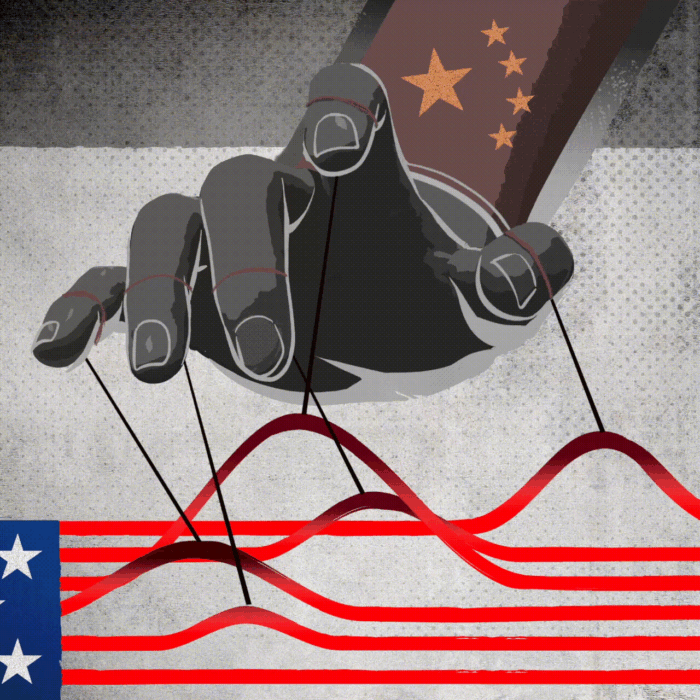A federal jury has convicted a Chinese student at Boston’s Berklee College of Music for stalking and threatening a fellow student who posted flyers in support of democracy in China.
Judge Denise J. Casper scheduled the sentencing hearing for April 24.
Prosecutors seemed to believe there was a realistic risk that Mr. Wu could flee the United States. They sought detention of Mr. Wu until April, citing information from the FBI that the Chinese government expressed concerns about the case multiple times.
However, the judge rejected detention based on Mr. Wu’s compliance during the 14-month probation period since his arrest in December 2022 and the fact that he had surrendered his passport to the U.S. government.
Prosecutors then requested ankle bracelet monitoring and restricting his travel to the state. Judge Casper approved the travel restriction request. Mr. Wu was already prohibited from attending any school activities—on and off campus—or contacting the victim directly or indirectly.
Mr. Wu showed no reaction when the jury’s verdict was announced. His lawyer, Jessica Hedges, patted him on the back as a gesture of comfort. He didn’t seem deterred by the ruling; outside the courthouse, he gave reporters a middle finger as he left.
Mr. Wu and his lawyer didn’t respond to The Epoch Times’ question of whether they would appeal the case. The Epoch Times also contacted Hedges & Tumposky LLP, the law firm representing Mr. Wu, and was told that the defense attorneys had no comment.
The charge of cyberstalking carries a sentence of up to five years in prison, three years of supervised release, and a fine of up to $250,000. The charge of interstate transmissions of threatening communication carries a sentence of up to five years in prison, three years of supervised release, and a fine of up to $250,000.
The student activist who was the subject of Mr. Wu’s harassment campaign was referred to only as Zooey in court, for fear of reprisal. She is also from China and has permanent resident status in the United States.
The college, which has about 6,000 students, hasn’t issued any public statements regarding Wu Xiaolei’s case yet.
In response to Epoch Times’ inquiry whether Mr. Wu was still suspended from school, Berklee’s media relations wrote in an email, “Mr. Wu is not enrolled. His actions are contrary to Berklee’s fundamental principles and values. Berklee supports the right of all to express their opinions on matters of public concern, and does not condone threatening behavior by anyone.”

Cyberstalking and Threatening
Mr. Wu’s harassment campaign started after he saw a piece of paper posted on a window near the Boston campus that read, “Stand with Chinese People,” “We Want Freedom,” and “We Want Democracy,” on Oct. 22, 2022, according to the charging documents.Consequently, he threatened Zooey on social media app WeChat and through Instagram and email.
“I already called the tipoff line in the country; the public security agency will go greet your family,” he said in a WeChat group with more than 300 members, according to the complaint. “Post more, I will chop your [expletive] hands off,” he added.
Prosecutors said Mr. Wu posted her email and home addresses online.
At a hearing on Jan. 23, the victim said she thought Mr. Wu made her information public to encourage others to beat her up.
“I remain terrified until this day,” she said.
“No one in this country should ever be subjected to threats of violence or a cyberstalking harassment campaign for expressing their political views,” Joshua S. Levy, acting U.S. attorney for the District of Massachusetts, said in a press release.
“Mr. Wu now stands as a convicted felon for his illegal efforts to suppress speech by a fellow Berklee School of Music student who was critical of the government of China. This type of conduct will never be tolerated.”
Special Agent in Charge Jodi Cohen, of the FBI’s Boston division, echoed Mr. Levy’s comments: “What Xiaolei Wu did in attempting to silence and intimidate an activist who expressed dissension with the ruling Communist Party of China is not only criminal, but completely against our country’s democratic values.”
Transnational Repression
Mr. Wu’s conviction comes amid growing concerns about the Chinese Communist Party’s (CCP’s) influence operations in the United States and its attempts to silence Chinese dissidents.Most recently, Zooey’s experience was mentioned at a transnational repression hearing hosted by the House Select Committee on the CCP in December 2023.
Rep. Mike Gallagher (R-Wis.), chair of the House Select Committee on the Chinese Communist Party, elaborated on the term “transnational repression”: “The CCP actually seeks to surveil, influence, punish, and coerce people all over the world. They want to silence their critics, control politics, and police thought far beyond China’s borders.”
The article was updated on Jan. 29 to include a statement from Berklee College of Music.





